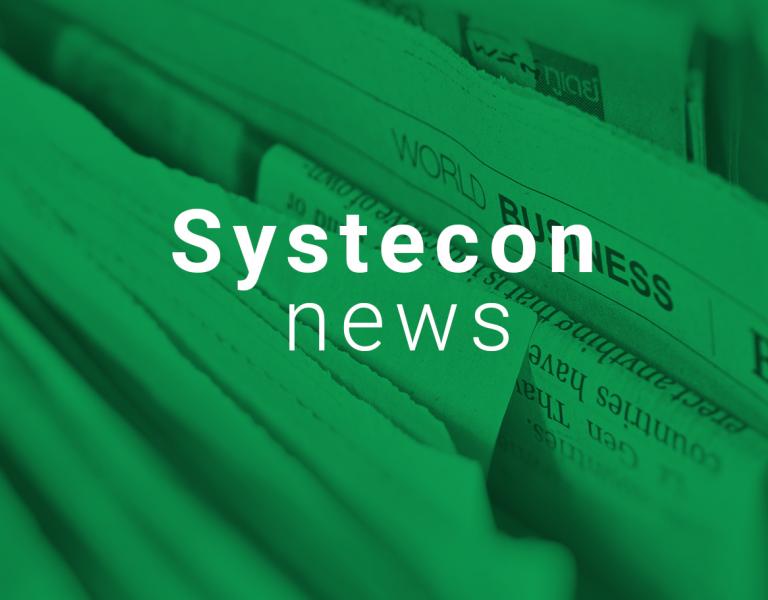
New version of Opus Suite
In February, Systecon released the latest version of Opus Suite consisting of OPUS10 version 11.0, SIMLOX version 8.0 and CATLOC version 9.0. Some enhancements apply to the whole suite while others are tool-specific.
In February, Systecon released the latest version of Opus Suite consisting of OPUS10 version 11.0, SIMLOX version 8.0 and CATLOC version 9.0. Some enhancements apply to the whole suite while others are tool-specific.

The most significant enhancement in this release is the improved LORA XT – Location of Repair Analysis functionality. The new version gives users a unique and very general opportunity to optimize the entire maintenance concept for an entire system simultaneously. Consequently, the user can decide where each component should be maintained, what resources are needed in different locations for maintenance purposes and how to optimize the spare parts stock for the best possible availability at the lowest cost.
We have eliminated a number of limitations from the earlier versions, making the model more comprehensive and easier to use. Among other improvements, we have included preventative maintenance (PM) as well as sub-items (SRUs) in the LORA calculation. Furthermore, a specific resource type is allowed to be used in several different maintenance task categories. Generally, the LORA method has become more task oriented, which means, for example, that the optimal replacement strategy for a certain type of item can be different, depending on the failure mode or type of PM task. Another LORA scenario improvement is that it’s now possible to define and analyze a given maintenance solution. Analysis of a LORA scenario is now also supported in SIMLOX.
The new LORA model has also included a number of smaller changes when it comes to how resources are defined and managed. There are now primarily three different types of resources with somewhat different features.
- SPECIAL Limited special resources normally used only within a certain category of tasks
- STANDARD Standard resources that can be used for several different categories of tasks and is always expected to be available.
- ENABLER Same as a SPECIAL resource with the exception that it is enough with one resource per location.
For all resource types, the number/need of resources is calculated with regards to, and is a part of, the optimal solution.
A major new feature in SIMLOX is the possibility to pause non-critical maintenance in a technical system if the system is needed for a new assignment. This feature is referred to as “paused maintenance” and works particularly effectively in, for example, naval scenarios in which a single error or maintenance task is rarely critical to the availability of an entire ship. In cases where maintenance is allowed during operation (online maintenance), the task can continue even when the system is in operation.
Another major improvement in SIMLOX is the possibility to schedule changes in failure rates. For example, this can be used to model reliability growth, a feature many of our customers have demanded.
Finally, OPUS10 has added a special type of report for the problem type Phased Scenario. In a Phased Scenario, the problem is divided up into a number of cohesive phases, between which different parameters are changed. This is used, for example, to model deployment phases in which system deliveries are distributed during a period of time and where the maintenance solution needs to be built up step by step. In this new report, results from different phases are presented with a better overview and in a more consolidated way compared to the previous version. Among other features, a single chart shows maintenance volumes and total costs for all the phases. In another, it shows how the recommended stock for different items varies during different phases.
Another important development in the actual software program, is the improvement when it comes to both execution speed and memory usage. For all three tools 64-bit versions are available in the standard package enabling better usage of the existing memory.